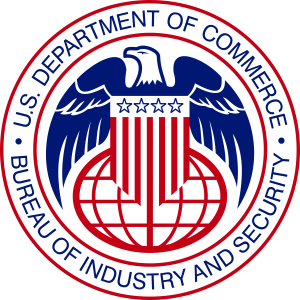Search
Published on:
U.S. Regulations on China: A Year-in-Review Series
2023 witnessed significant developments from the United States government aimed at countering China’s influence and curbing potential threats to U.S. national security. These developments have spanned legislative and administrative action, shifting long-standing paradigms within export controls, import controls, and sanctions. The Biden Administration is increasingly utilizing these tools as strategic elements of foreign policy, often in conjunction with allied nations.
The restrictions on trade with China are rapidly evolving and increasingly nuanced, influenced by growing Congressional attention on the U.S.-China relationship, increased pressure on the Department of Commerce, and international interest in upholding strong supply chains. For companies to navigate these tensions, they must remain well-informed regarding the myriad of regulations which have been imposed in the past year.
This post is the first in a series dedicated to highlighting notable developments in the sanctions and export controls realm targeting China. This series will span across three sectors in which our team has been notably engaged: technology, energy, and supply chain resiliency. The final blog in the series will forecast expected developments through 2024.




